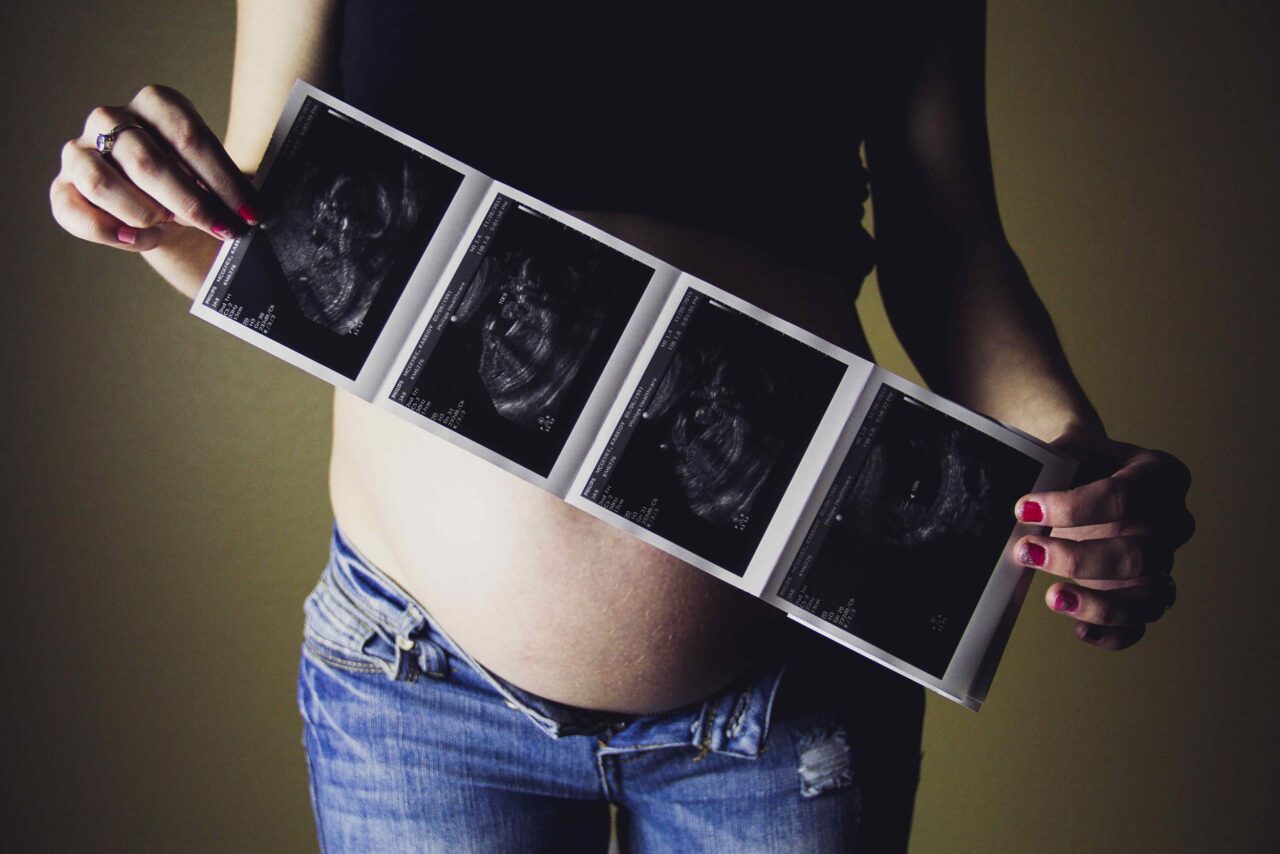“Do your kegels.” How often do pregnant women hear that little phrase? These days, most prenatal apps, books, or health care professionals will tell a pregnant patient to do their kegels at some point during pregnancy. How many should you do, how often, should you really be doing them, and how do you even know if you are doing them correctly? If any of these questions resonate with you, you’re not alone. An older study looked at 47 participants ability to perform a pelvic floor contraction (kegel) effectively with brief, standardized, verbal instruction alone and found that 40% had “ineffective effort” and 25% of them actually did something that could potentially increase the likelihood of urinary leaking. There is often very little guidance or individualized prescription in regard to pelvic floor training, and this is where a pelvic floor muscle assessment and individualized program created by a skilled pelvic floor physical therapist can help answer these questions. A pelvic floor physical therapist can give you valuable hands-on or visual feedback that other programs lack, so you can make sure you are able to effectively coordinate your pelvic floor, abdominals, and breathing.
A previous post here nicely outlines the 5 main functions of the pelvic floor as well as the main symptoms that accompany pelvic floor dysfunction. In order for your pelvic floor to work effectively, meaning these daily functions are happening without a second thought from you, your pelvic floor muscles need to not only contract (kegel), but also relax and work within it’s full range. Relaxation or lengthening of the pelvic floor is another component of pelvic floor muscle control that many people are unaware of and is critical during activities such as vaginal delivery or defecation.
Check out this video here for a brief instruction on how you can check for yourself to see if you are able to contract and relax your pelvic floor muscles.
Pelvic health physical therapy is also much more than just kegels. Here at MEND we take an orthopedic approach, assessing not only pelvic floor function, but also a detailed look at the environment in which the pelvic floor functions, including the strength, mobility, and functional movement of your back, hips, and abdominals. Another benefit to seeing a pelvic health physical therapist is to establish care early. From the clinical practice guidelines for pelvic girdle pain in pregnancy, we know the prevalence of pelvic girdle pain is between 56-72% during pregnancy, with about 60-70% of those reports in late pregnancy. The presence and worsening of pelvic girdle pain in pregnancy has been shown to be present with increasing intensity and disability as pregnancy progresses and into the postpartum period. How often do you hear, “back pain in pregnancy is normal, it’ll just go away after delivery.” Don’t wait to seek help!
If you are still unsure if you are doing a kegel correctly or want an individualized assessment please contact us or schedule an appointment with one of our pelvic floor specialists at MEND.

